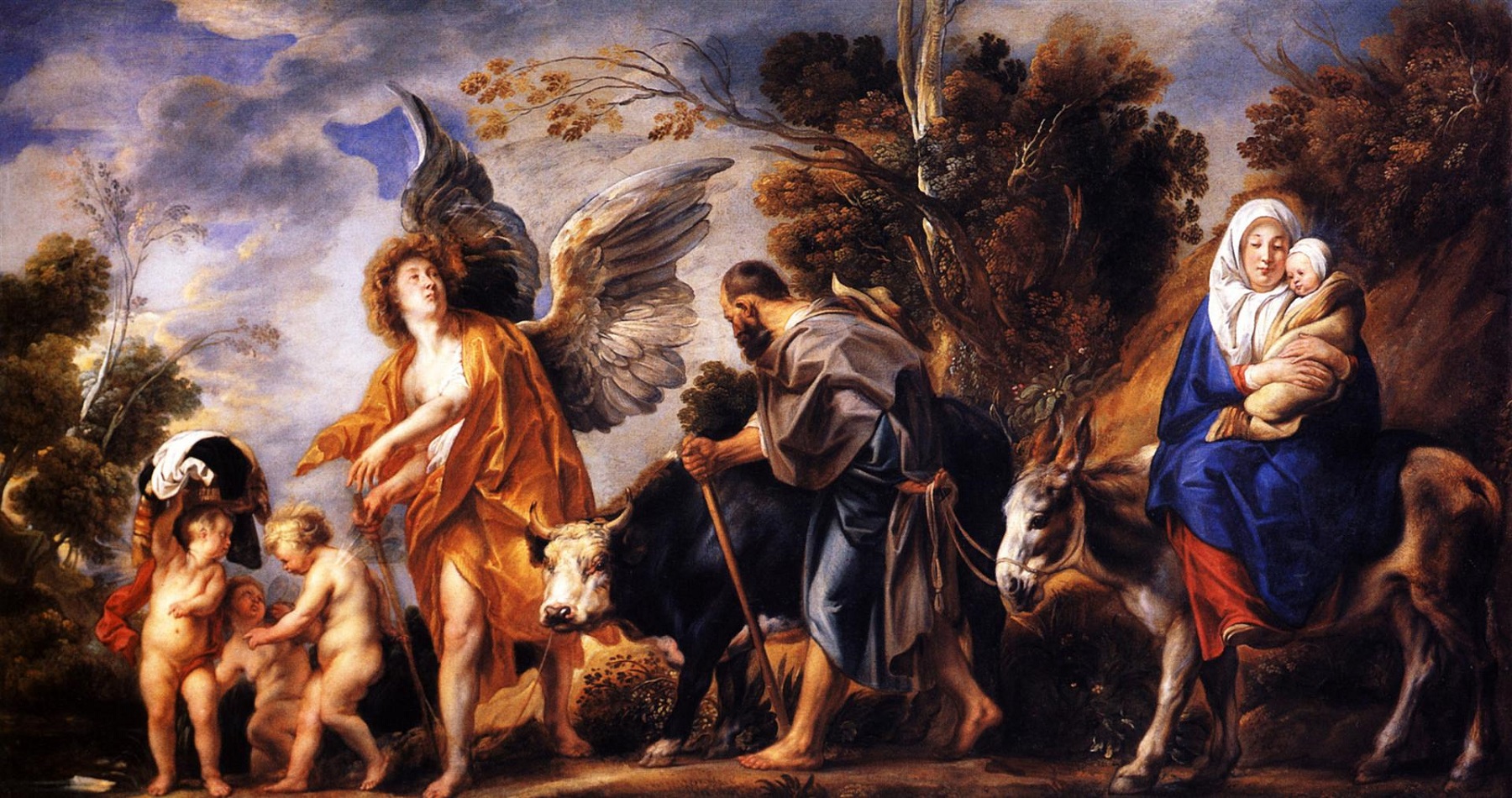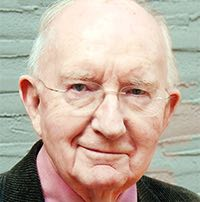Jan. 12, 2024
Night after night on our television screens, we see the Rafah Crossing between southern Gaza and northern Egypt. The area is teeming with desperate people trying to escape from Gaza, weaving and dodging through the long line of trucks crossing the border into Gaza with their desperately needed supplies. Families do their best to stay together. Distraught mothers carry newborns in their arms and men bearing wounded children run through the crowds, seeking hospitals already bombed out of existence. As I write this piece, the accusation of genocide being brought against Israel by South Africa is in its opening days.
As I was watching, I remembered that a very long time ago, another couple had to make a decision that bought them to this place. It would have been before Rafah was built as it is now, but it was a border crossing, with all the tension, fears and dangers of such a place.
It is not mentioned in the gospel, but just a few miles from the village of Bethlehem a vast fortification loomed over the area. It was Herod’s Herodium, a fortress at which foreign visitors we know as Magi appeared, asking about a child who was being spoken of as a future king. The reaction to that question was fast and deadly. Death squads were ordered into the surrounding countryside, with express orders to kill newborn children.
Some days before this order was given, a young couple — we know them as Mary and Joseph — made their decision to flee towards the coast with their newborn child named Jesus. There they would join the caravan route known as the Way of the Sea. They made for where there would be others travelling south for many reasons. There would be trading caravans, government delegations and other refugees, all using the road south.
Eventually they would arrive at the area we know today as Rafah. They too would face teeming crowds, border guards and hard questions. Eventually they got through to go on their way.
They had choices. All down the Sinai coast there were refugee communities. It is possible that Joseph managed to get contacts for hospitality. They might have been advised to hug the coast, paying to attach themselves to the safety of a caravan heading to Alexandria, where they were told of a very large Jewish colony in which they might find a welcome. We know that Joseph, a carpenter, had a skill that has always made it possible to earn a wage.
Luke tells us that at some point in Jesus’ boyhood, news came south that Herod had died. It was safe to return north. This time, Joseph was warned that Archelaus, like his father Herod, was violent and dangerous, so he avoided the Bethlehem area, instead heading north for Galilee and eventually the village of Nazareth. Here, their eldest son would live and work for approximately thirty years until he would leave the village, responding to a deep and insistent call within himself. Jesus’ response to that call would forever change the world.




